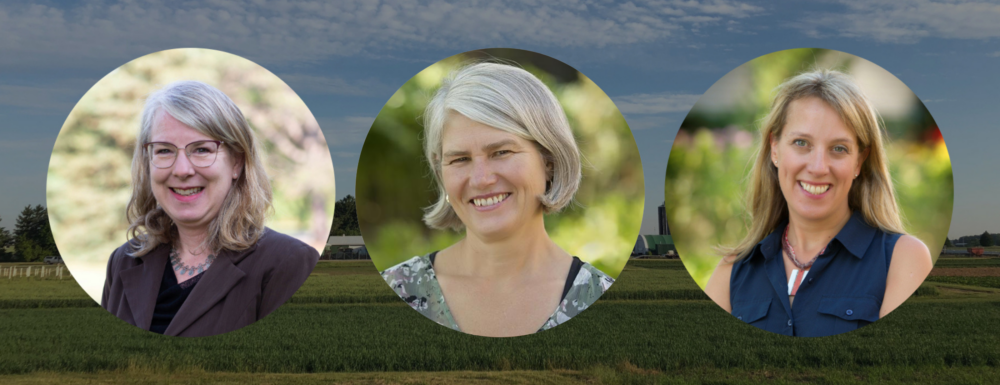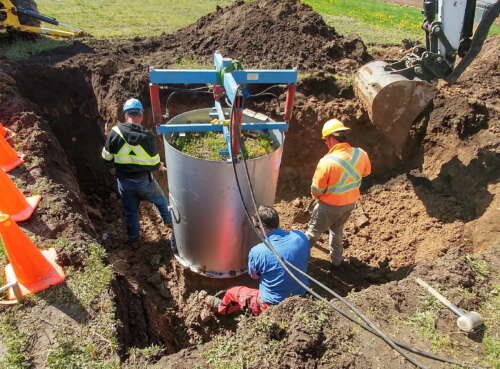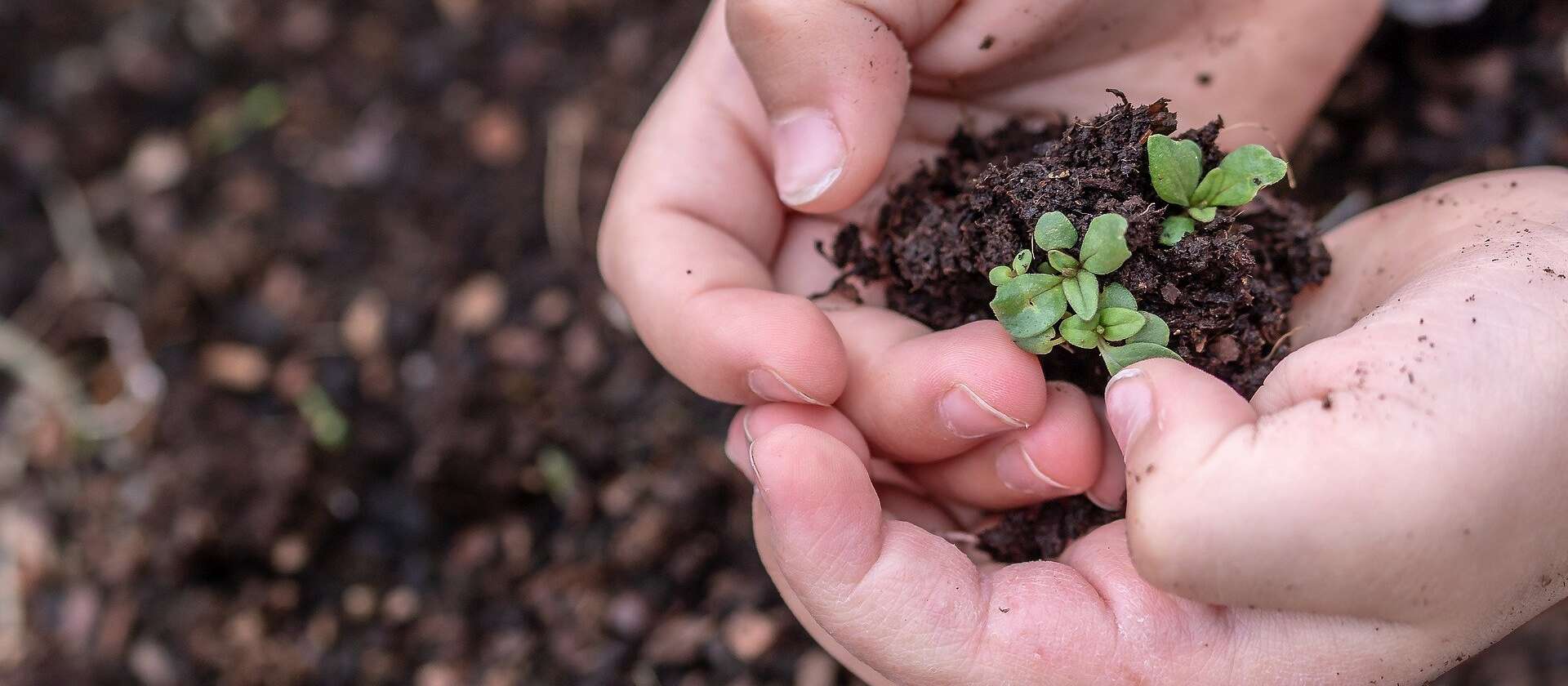A new Senate report on Canada’s soils raises concerns about the future of food production and biodiversity. But a team of researchers at the University of Guelph says there is hope to improve the country’s soil health.
U of G’s Soils at Guelph team helps to advance the latest research about sustainable soil management practices by making the latest findings accessible to farmers, industry and the public. The team’s three co-executive directors, Drs. Kari Dunfield, Laura Van Eerd and Claudia Wagner-Riddle, conduct leading soil health research across Ontario.
Along with soil scientists in the School of Environmental Sciences in the Ontario Agricultural College, they’ve identified science-backed solutions that farmers can incorporate into their production systems to improve soil health.
“There are many options available to farmers to protect soils – the key is finding ones that fit with the farm operation, the cropping system and the soil. That’s the challenge,” states Van Eerd.
Adopting sustainable soil management practices

The Senate report recommends a data-driven and collaborative approach to improving soil health. Van Eerd says the Soils at Guelph team has started a project to build a data-driven scoring system of assessing soil health across Ontario, accessible by researchers and farmers.
Van Eerd emphasizes their research “takes a collaborative, systems-based approach to provide data-driven solutions that farmers can immediately implement” and adds there is no “one-size-fits-all” approach to soil care.
While there are sustainable solutions to explore, adopting new soil management practices on farms such as no-tillage, cover cropping, rotational grazing or nitrogen inhibitors, can introduce new risks for operators, says the U of G team.
“We collaborate with research teams to identify the most effective ways to incentivize these practices,” says Dunfield, Canada Research Chair in Environmental Microbiology of Agro-ecosystems. “It’s crucial for society to understand the significant environmental benefits of these on-farm decisions.”
Healthy soils deliver nature-based solutions for climate change mitigation, resilient food production, enhanced biodiversity and clean water, notes Dunfield.
“We understand that agricultural soils need to be managed in such a way that they maintain their functions and continue to provide the key services that we rely on. Protecting soils and soil biodiversity are critical for Canada’s ability to meet the 17 Sustainable Development Goals, and address society’s most pressing social, economic and environmental challenges.”
State-of-the-art soil health monitoring

The Ontario Crops Research Station – Elora houses state-of-the-art soil health and soil function monitoring devices that are unique in North America. According to Wagner-Riddle, the tools – called lysimeters – help researchers “quantify the impact of changes in soil management including the use of crop rotation diversification and use of cover crops on the benefits derived from improved soil health.”
“The lysimeters we have at the Soil Health Interpretive Centre are innovative, as they compare different soils under the same conditions,” says Dr. Wagner-Riddle. “This is instrumental in evaluating and improving soil health based on the farm’s soil type.”
The Soils at Guelph was founded with donations from soil-minded farmers. Current initiatives are funded by the Weston Family Soil Health Initiative and in part by the Ontario Agri-Food Innovation Alliance, a collaboration between the Government of Ontario and the University of Guelph.
The Ontario Crops Research Centre is owned by the Agricultural Research Institute of Ontario and managed by U of G through the Alliance.
The Soils at Guelph team are available for interviews.
Contact:
Soils at Guelph
soils@uoguelph.ca
